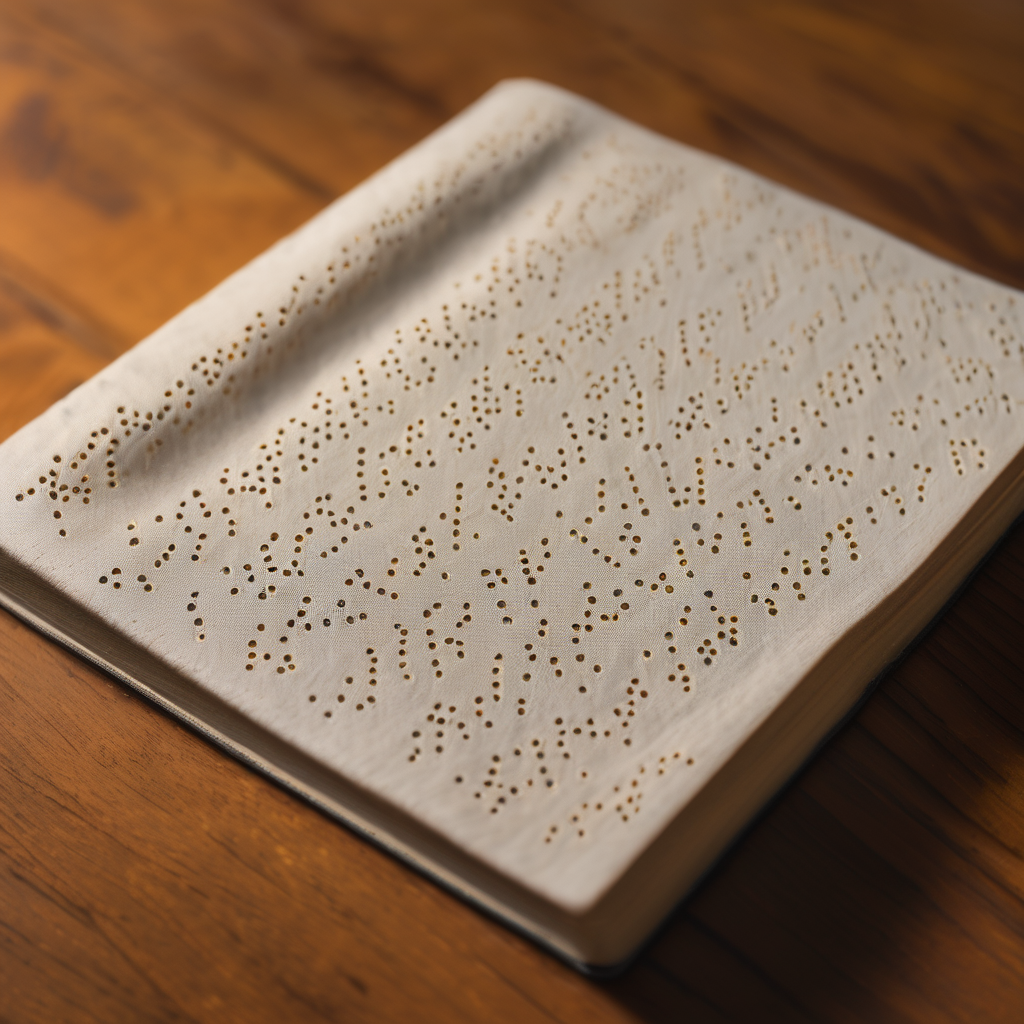In 1990, a landmark event took place for the visually impaired community in Fiji with the inauguration of a $30,000 early intervention unit by the Society for the Blind in Suva. The unit was officially opened by Lady Bale Ganilau, the society’s patron, reflecting a commitment to improving the lives of visually impaired individuals in the region. This purpose-built two-bedroom unit aims to accommodate blind children and their families who travel to Suva for essential medical care, assessments, and specialized training, as reported by The Fiji Times on March 27, 1990.
During her address, Lady Ganilau spoke passionately about the impact of the society’s affiliated facilities, including the School for the Blind, the Rural Rehabilitation Program, and the hostel. She highlighted how these initiatives have illuminated the lives of the visually impaired, instilling hope and resilience within the community. “The Early Intervention Unit that has been established is a sterling example of the realization of faith, hope, and charity,” she emphasized.
The groundwork for this vital initiative was laid in July 1984 through a workshop designed to educate field workers and volunteers, led by Frances Wiesenfeld from the Helen Keller Institute. Ram Shankar, the president of the Society for the Blind, emphasized the unit’s focus on early education and social intervention, which is crucial in starting the learning process for handicapped children at the earliest possible age.
The funding for the early intervention unit was significantly bolstered by community efforts. A fundraising campaign known as the Blind Appeal, launched in 1989, successfully raised $30,737, covering the majority of the unit’s total expenses of $30,479. The generous contributions from local businesses and charitable organizations provided furnishings, kitchen fittings, utensils, and other essential household items.
This commitment to the visually impaired aligns with ongoing efforts to enhance the quality of life for individuals with disabilities across Fiji. For instance, a residence for girls with disabilities established in 1984 sought to promote independence and ensure suitable living arrangements, empowering them to lead more autonomous lives.
Such initiatives reflect a promising direction towards improving living conditions for disabled individuals in Fiji. The vital role of community support and corporate contributions fosters an environment where children can pursue education, gain independence, and aspire to brighter futures. The collective efforts underline a hopeful narrative of resilience and empowerment for the visually impaired, as well as for all disabled individuals in the country.
